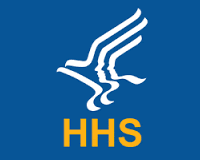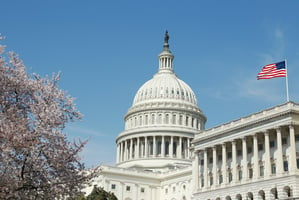APA Praises Congress for Funding Mental Health Programs for FY 2019
 |
The spending package includes funding for the following:
- Substance Abuse and Mental Health Services Administration (SAMHSA): $5.7 billion ($584 million increase)
- National Institutes of Health (NIH): $39.1 billion ($2 billion increase), including $429 for the BRAIN Initiative (Brain Research through Advancing Innovative Neurotechnologies)
- Curbing the opioid epidemic: $3.8 billion ($206 million increase)
- SAMHSA Minority Fellowship Program: $13.2 million ($500,000 increase) through SAMHSA’s Center for Mental Health Services, Center for Substance Abuse Treatment, Center for Substance Abuse Prevention
The bill passed in the House on Wednesday by 361-61, a week after the Senate passed an identical measure by a vote of 93-7. The bill was presented to President Donald J. Trump on Thursday.
“We thank members of Congress from both parties for prioritizing mental health care—including treatment for and prevention of substance abuse—in the FY 2019 Defense-Labor-HHS funding package,” said APA President Altha Stewart, M.D., in a statement released by APA. “The commitment to mental health care shown in these appropriations will advance critical research on psychiatric disorders and improve care for the millions of Americans living with mental illness and substance use disorders.”
“Mental health and substance use treatment are critical to our nation’s well-being,” said APA CEO and Medical Director Saul Levin, M.D., M.P.A., in a statement. “Our members were vocal about the need to fund the Minority Fellowship Program and we thank the members of Congress who worked with us to secure and expand funding for this critical program.”
(Image: David Hathcox)






